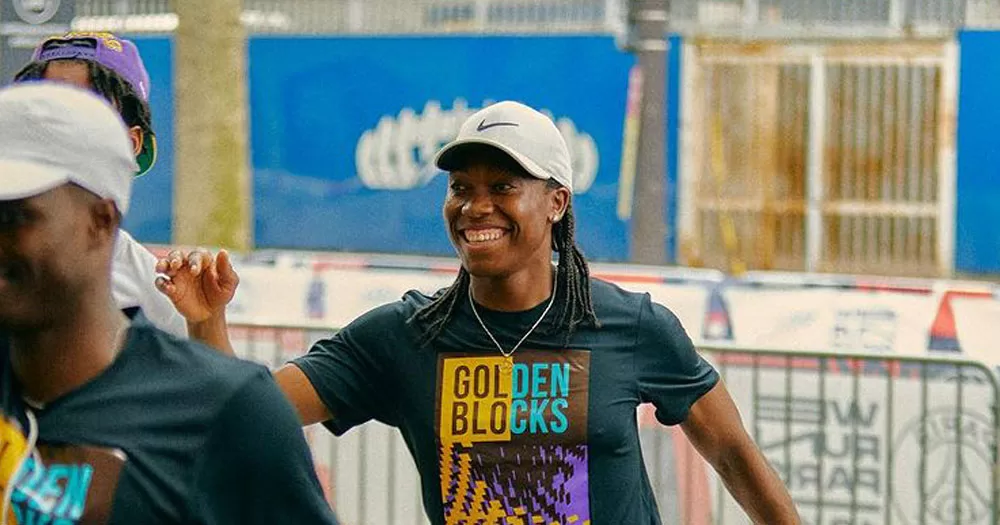Olympic gold medalist and intersex athlete Caster Semenya has emerged victorious from her case at the European Court of Human Rights (ECtHR). On Tuesday, July 11, the Court ruled that the Olympic champion runner had been a victim of discrimination after World Athletics’ rules called for Semenya to reduce her naturally high testosterone levels in order to qualify in the women’s categories for major sporting events.
Under World Athletics regulations, athletes with naturally high levels of testosterone are required to artificially reduce them in order to compete internationally in the women’s category. This meant that the three-time 800m world champion Caster Semenya, an intersex athlete, is not allowed to compete in any track events without taking testosterone-reducing medication.
Many activists have criticised these restrictions, arguing that they discriminate against athletes who do not conform to traditional stereotypes of femininity and target women from marginalised groups, such as trans women or women of colour.
World Athletics introduced rules requiring Semenya to undergo hormone treatment in 2018. Since then, the South African athlete has tried and failed twice to have the rules overturned in court. However, Caster Semenya and her team developed a new strategy. When they brought the case to the ECtHR, they did not sue World Athletics or DSD rules, but instead the Swiss government itself for not protecting Semenya’s rights.
In a judgment published on Tuesday, the ECtHR ruled in favour of Semenya, writing that the Swiss government had failed to protect the athlete from discrimination when, in a Supreme Court case that took place three years prior, the court refused to overturn a decision by the Court of Arbitration in Sport (Cas), which upheld the DSD rules imposed by World Athletics.
Cas previously passed down a ruling that upheld testosterone rules for athletes like Semenya, saying that, while the rules were discriminatory, the discrimination was “necessary, reasonable and proportionate” to protect “the integrity of female athletes.”
The ruling comes from an appellate case where Switzerland’s Supreme Court upheld the World Athletics regulations. However, according to the Associated Press, the European Court of Human Rights “merely opened the way” for the Swiss high court to reconsider the case.
In fact, while the court decision ruled that Semenya was discriminated against by World Athletics, it did not remove the rules that allowed for the discrimination to occur. According to the Associated Press, it could take years before these rules are able to be removed. Currently, these rules are only imposed upon female athletes.
Following Tuesday’s ruling in Semenya’s favor, her legal team have been praising the athlete. “Caster has never given up her fight to be allowed to compete and run free,” said her lawyers in a statement. “This important personal win for her is also a wider victory for elite athletes around the world. It means that sporting governance bodies around the world must finally recognize that human rights law and norms apply to the athletes they regulate.”
© 2023 GCN (Gay Community News). All rights reserved.
Support GCN
GCN is a free, vital resource for Ireland’s LGBTQ+ community since 1988.
GCN is a trading name of National LGBT Federation CLG, a registered charity - Charity Number: 20034580.
GCN relies on the generous support of the community and allies to sustain the crucial work that we do. Producing GCN is costly, and, in an industry which has been hugely impacted by rising costs, we need your support to help sustain and grow this vital resource.
Supporting GCN for as little as €1.99 per month will help us continue our work as Ireland’s free, independent LGBTQ+ media.

comments. Please sign in to comment.